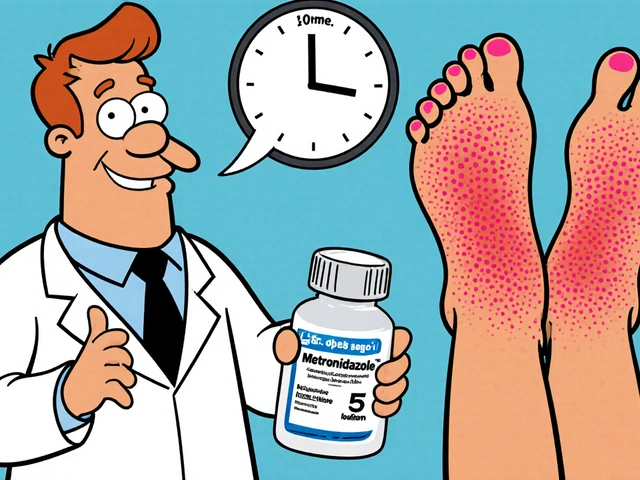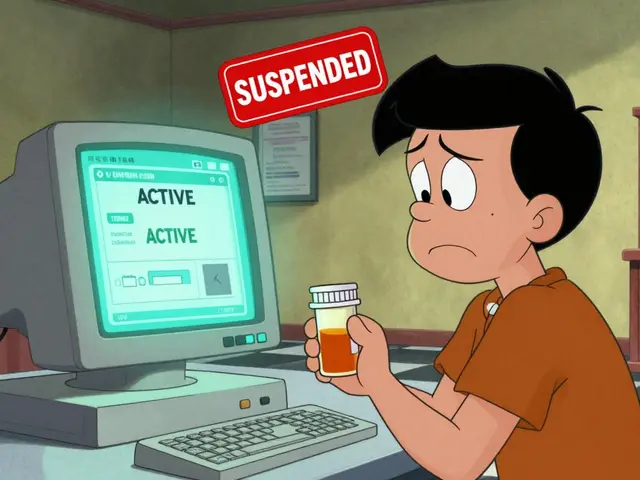Understanding the Role of Diet in Isotretinoin Efficacy
Dr. James Del Rosso has carved a niche as a thought leader in acne management, significantly contributing to our understanding of how dietary choices impact the effectiveness of isotretinoin treatment. Isotretinoin, often celebrated as a powerful acne medication, requires a nuanced approach that takes into account individual patient habits and dietary preferences.
One of the most critical aspects in isotretinoin therapy is the absorption rate, which is known to be highly influenced by dietary fat intake. Isotretinoin is a lipophilic molecule, meaning its absorption significantly increases when consumed with dietary fat. Consequently, patients who are on a low-fat diet or those who have to adhere to dietary restrictions for health reasons may encounter challenges in achieving the maximum therapeutic effect from traditional isotretinoin formulations.
Dr. Del Rosso emphasizes that healthcare providers must assess the dietary habits of patients to optimize isotretinoin treatment plans. He sheds light on various types of isotretinoin formulations, particularly micronized and food-independent options, which are engineered to bypass the need for dietary fat to facilitate absorption. This innovation can be a game-changer for individuals who cannot modify their diets.
Micronized Formulations: A Closer Look
The advent of micronized isotretinoin formulations marks a significant leap forward in dermatological treatments. These formulations employ smaller particles that enhance the drug's surface area, improving solubility and absorption. For patients on strict low-fat diets, this means they no longer need to compromise their dietary restrictions to receive the full benefit of isotretinoin therapy.
Micronization technology delves deep into the molecular level, creating particles that are finely milled to facilitate easier uptake by the body, regardless of the accompanying dietary fat. This innovation allows for more consistent therapeutic levels, which can lead to improved outcomes for patients struggling with severe or recalcitrant acne.
Food-Independent Isotretinoin: Bridging the Gap
Another promising development highlighted by Dr. Del Rosso is the evolution of truly food-independent isotretinoin formulations. This technological advancement ensures that isotretinoin can be effectively absorbed without relying on any dietary fat whatsoever. For a patient population that includes individuals from diverse dietary backgrounds—including vegetarians, vegans, and those with fat-restricted diets—this is a monumental progression in personalized acne care.
Food-independent formulations eliminate a significant barrier to effective treatment, allowing for more flexible administration and potentially improving adherence to the medication regimen. This approach underscores the importance of personalized medicine, where treatment strategies are tailored to fit individual patient needs and lifestyles.
Balancing Dosage and Dosing Regimens
Beyond the considerations of diet and formulation, dosage and dosing regimens play pivotal roles in the success of isotretinoin therapy. Dr. Del Rosso discusses how precise dosing can lead to optimal therapeutic outcomes, reducing the likelihood of adverse effects while ensuring efficacy.
A tailored dosing regimen, taking into account the patient's weight, severity of acne, and response to treatment, can significantly influence the results. Lower initial doses can help mitigate potential side effects, allowing patients to acclimate to the medication before ramping up to a therapeutic dose. This cautious approach can improve tolerability and encourage patients to maintain consistent use, a crucial factor in achieving long-term success in acne management. Dr. Del Rosso also emphasizes the importance of regular follow-up appointments to monitor patient progress and adjust dosages as needed.
Clinical Outcomes and Future Directions
Dr. Del Rosso's insights reveal that as we advance our understanding of isotretinoin and its interaction with diet, the potential for improved clinical outcomes becomes greater. Ongoing research and development in isotretinoin formulations and dosing regimens are paving the way for more effective, patient-centered treatments. Innovations in pharmaceutical technology are likely to yield new formulations that further enhance absorption and efficacy, providing acne sufferers with more reliable and versatile treatment options.
The Broader Implications
The discussion led by Dr. Del Rosso regarding isotretinoin and dietary considerations extends beyond acne treatment. It exemplifies the broader trend in medicine towards personalized care, where patient-specific factors such as diet, lifestyle, and health status are critically evaluated to tailor the most effective treatment plans.
This approach recognizes the uniqueness of each patient and the need for flexibility and customization in medical treatments. It also underscores the importance of ongoing patient education and communication, empowering individuals to take an active role in their healthcare journey. As we move towards a more patient-centered healthcare model, the insights provided by experts like Dr. Del Rosso will be invaluable in shaping the future of treatment strategies across various medical disciplines.
Conclusion
In conclusion, Dr. James Del Rosso's exploration of isotretinoin's relationship with diet and the advantages of food-independent formulations offers a compelling view into the future of acne treatment. By considering the dietary habits and needs of patients, healthcare providers can optimize treatment efficacy and improve patient outcomes. The development of micronized and food-independent isotretinoin formulations represents a significant advancement in dermatology, providing effective solutions for a diverse patient population. As research continues and new innovations emerge, the potential for even more effective and personalized acne treatments grows, offering hope to those struggling with severe acne.




